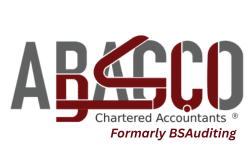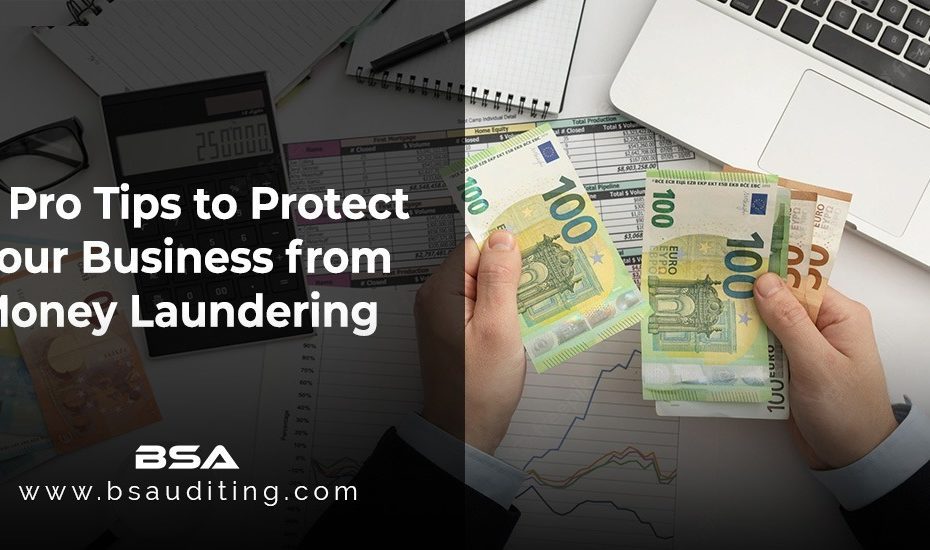Money laundering is a much-debated topic. Nowadays, this term refers to money obtained from illegal activities like drug trafficking, organised crimes such as cybercrime, etc., and underground economies. Emphasis was placed on these illicit activities after the 9/11 incident that killed hundreds of innocent people. Initially, money laundering referred only to the financial transactions of organised crime. The UK has gone a step further, adding “any economic good” from ill-gotten money to refer to as money laundering. The complexity and sophistication of financial corruption have led to “financial intelligence” becoming more advanced to combat terrorism and international crime. Money laundering is always linked to any illegal activity; there is no need to hide or transfer “clean money” via illicit channels.
The initial example of anti-money laundering laws was during the 1930s in the US when relevant laws were introduced against organised crime during Prohibitions in the United States period. Similarly, rising drug crimes forced governments to establish rules to identify and catch persons and organisations related to the drug empires in the 1980s. Following the 9/11 attack, The Patriot Act was passed specifically to combat terrorism. The Financial Action Task Force on ML was done by the (G7) Group of Seven nations that compelled governments worldwide to take firm actions against money laundering by increasing severance and monitoring financial transactions. Heavy fines were imposed on banks found guilty of breaching money laundering laws; surveillance mechanisms were devised on an international level to critically check governments through agencies like FATF.
Every country follows necessary lines of action to combat the evils of money laundering. For international business and trade hubs such as the UAE, the responsibility of ensuring a clean and legal business is even greater. With several accounting companies in UAE and registered auditors, UAE strives to guarantee smooth business operations. When it comes to protecting a business from ML, specific steps need to be followed.
1. Asking Questions
When a new business proposal is received, several things need clarity to establish a legal partnership. Questions about the investment amounts and investors should be asked, and flags should be raised if any suspension is observed. An investigation regarding the background of the person or organisation should be made who came up with the proposal. Ask for financials, business details, and references to further gauge the offer’s legitimacy on the table. Try to know why they want to invest a certain amount in the business or partnership.
2. Learn About Money Laundering
Try to be updated with the money laundering tricks and methodologies. Criminals tend to refine and develop new laundering tactics continuously. Also, make your team aware of the threats and ways money launderers work. Examples of ML techniques are over billing/over-invoicing, remitting illegal cash to the business account, and layering through wire transfers. Prepaid credit cards should be avoided since they are specific money laundering tools. Businesses like currency exchanges, art galleries, restaurants, and vending companies are more exposed to being victims of wealth filtering activities. A typical example is when a business receives a significant amount in its account against an order; the customer then, citing some reason, cancels that order and offers a certain amount as compensation. The remaining money is transferred back to him in clean money. The small cancellation charges paid are just the laundering charges paid to clean the ill-gotten money. Every business should study the security and exchange commission compliance guidelines in detail to avoid being part of the ML activity.
3. Due Diligence
Always check regular background on vendors, clients, business partners, and strategic partners. Check if any of them has been under investigation for crimes relating to illegal financial activity. Ensure that you are entirely aware of direct and indirect parties involved in a business deal. Check for the registration status of the individual or organisation you intend to do business with via approved government portals that hold records of all the approved legitimate companies. Due diligence is of great significance when a foreign company is involved in a business deal.
4. Anti Money- Laundering Policy
Make an AML policy no matter what the business size is. This policy should detail all the checkpoints and procedures that should be followed before entering a business deal with an individual or business every single time. It should say what steps are to be taken in case of a fishing occurrence. E.g., a specific limit can be set for cash transactions. Such a policy will enable the business to protect itself from being part of a money-laundering scheme and help train the staff to avoid launderers. In case of suspicious activity, the same should be reported immediately to the authorities.
5. Privacy
Never share the business financials and data with anyone you don’t know. Maintain the privacy of your business all the time, especially with someone who has reached you over the phone or email. Keep your official devices secure like computers and mobiles by changing the passwords regularly. Continuously train your team about ML and make sure that they ensure the privacy of confidential business information.
Conclusion
Money laundering is the illegal transaction of money from one place to another to avoid tax and accountability or using that money to establish any asset. UAE pays keen attention to anti-money laundering laws and practices to ensure safe and secure business for every entrepreneur. There are many ways in which companies can protect themselves from this evil. Remember that this process is performed by individuals and cartels using ever-changing tricks up their sleeves. Stay up to date with the latest techniques employed by the money launderers, secure your business information, never respond to random queries with sensitive information, always ask for receipts against all transactions, run a thorough background check on prospective clients, avoid wire transfers, always accept and send money via approved legal channels.
BS Auditing of Accounts is a credible accounting firm that promises clients effective business plans and solutions. We are among the most reliable chartered accountant firms in Dubai, and our team is among the best approved auditors in Saif Zone Sharjah, DAFZA, Hamriya, and more.
Feel free to contact us:
• Office # 0641, Tamani Arts Offices, Business Bay, P.O. Box 111390, Dubai, UAE
• +971 4 570 7357
• +971 58 108 5690


